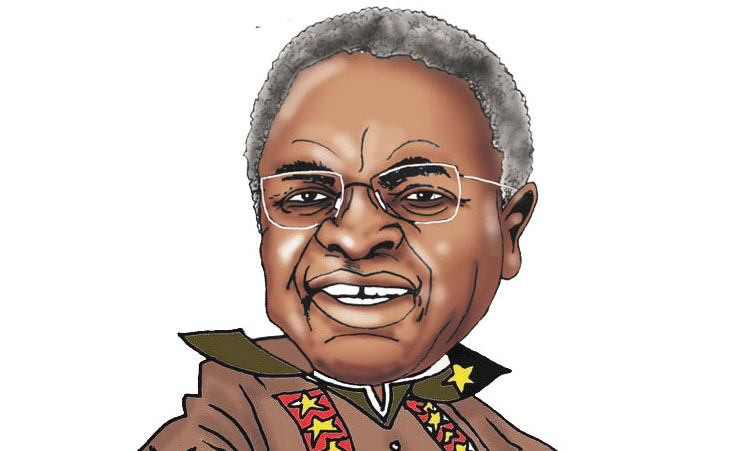Minister of health and social services Kalumbi Shangula has reaffirmed Namibia’s commitment to eliminating AIDS by 2030.
He was speaking to Desert FM on World AIDS Day, which is observed annually on 1 December.
Shangula highlighted Namibia’s commitment to combating HIV-AIDS as one of the key achievements in the country’s health strategy.
“Namibia has been recognised for its remarkable progress in eliminating the transmission of HIV from mother to child,” he said.
He said over 99% of children born to HIV-positive mothers in Namibia are born HIV-free. This milestone is one of the country’s proudest achievements in its ongoing HIV response, he said.
Shangula said the government has taken extensive steps to ensure essential services are available to all Namibians, particularly marginalised groups.
“Our services are decentralised. From clinical health services to advocacy at village level, we are working to make sure everyone, regardless of where they live, has access to HIV-related healthcare,” he said.
He said this inclusive approach ensures that even the most remote communities can access life-saving antiretroviral drugs and preventive measures such as pre-exposure prophylaxis and post-exposure prophylaxis.
While Namibia’s progress in the fight against HIV has been recognised globally, Shangula warned that challenges remain.
One of the biggest obstacles, he said, is the persistence of inequalities that continue to drive the spread of the virus.
“International solidarity is vital, but we also have to address the social and economic disparities that fuel the HIV epidemic,” he said.
He said the progress the country has made in reducing HIV infections and deaths is directly tied to efforts to protect human rights.
The minister said the pandemic is not only a health issue, but also a social justice issue.
“We must create a society in which people can live without fear of discrimination or violence, particularly those most vulnerable to HIV, such as women, young people and key populations like sex workers and men who have sex with men,” he said.
Despite the positive strides, Shangula cautioned that new threats to HIV progress are emerging, particularly with a rise in the attacks on human rights globally.
Former health minister and medical doctor Bernard Haufiku calls for renewed, collective action to tackle the ongoing HIV-AIDS epidemic.
He says despite significant advances in treatment and prevention, the fight against the virus remains far from over, particularly in Namibia, where more than 6 000 lives were lost in 2023 due to HIV-related complications.
This year’s event is observed under the theme ‘Take the Rights Path: My Health, My Right!’
Haufiku says HIV was identified as the cause of AIDS around 1983.
“Since then, remarkable progress has been made in understanding the virus and developing treatment,” he says.
Haufiku highlights the development of antiretroviral treatment (ART), which has revolutionised the lives of people living with HIV.
“Today, there are over 20 different ART medications available, significantly improving quality of life and extending survival. Antiretroviral therapy has allowed many individuals to lead normal lives, with fewer side effects compared to the medications used decades ago,” he says.
“As of 2023, nearly 40 million people are living with HIV worldwide and tragically, 1.3 million new infections occurred last year alone. In fact, every day, approximately 3 500 people are infected, which equates to two people every minute,” he says.
He says there is an urgent need for a more inclusive and equitable approach to fighting the virus.
“The key populations such as sex workers, lesbian, gay, bisexual, transgender, queer and other individuals, and people who inject drugs – remain disproportionately affected by the epidemic.
“The stigma and discrimination they face only exacerbate the spread of HIV,” he says.
According to Haufiku, HIV does not discriminate and therefore anyone is at risk regardless of their background or identity.
“We must continue to protect the rights of the most vulnerable and marginalised groups. It is imperative that we dismantle the barriers of stigma and discrimination and provide equal access to prevention, treatment and care for all.”
Stay informed with The Namibian – your source for credible journalism. Get in-depth reporting and opinions for
only N$85 a month. Invest in journalism, invest in democracy –
Subscribe Now!










